Fisheries and Aquaculture Laboratory, Introduce
For those of us in Khyber Pakhtunkhwa interested in the fascinating world of aquatic life, sustainable fish farming, or pursuing advanced studies in environmental and biological sciences, the Fisheries and Aquaculture Laboratory at the Kohat University of Science and Technology (KUST) is a name that often comes up. Nestled within the Department of Zoology, this laboratory is a vital resource for students, researchers, and local communities alike, contributing significantly to the understanding and development of fisheries and aquaculture practices in our region.
The Fisheries and Aquaculture Laboratory is not just a part of a university department; it’s a hub of innovation and learning that plays a crucial role in addressing the growing demand for fish protein and promoting sustainable aquatic food production. As our population grows, and with it, the need for affordable and nutritious food sources, institutions like this laboratory become increasingly important. They are at the forefront of research, exploring new and efficient methods for aquaculture, and ensuring the health and sustainability of our aquatic ecosystems.
Many of us might wonder what exactly goes on inside such a specialized facility. In simple terms, it's a place where dedicated scientists and students work tirelessly to understand fish biology, develop better farming techniques, and analyze water quality, all of which are essential for thriving fish populations, whether in natural environments or in controlled farming setups. This work directly impacts the livelihoods of many in our province, from local fish farmers to those interested in the broader ecological health of our waters.
In this article, we’ll take a closer look at the Fisheries and Aquaculture Laboratory, exploring its location, the valuable services it offers, its key features, and why it's a perfect fit for the aspirations and needs of the local community here in Khyber Pakhtunkhwa.
The Fisheries and Aquaculture Laboratory is conveniently situated within the Department of Zoology at the Kohat University of Science and Technology (KUST). For those familiar with Kohat, the address is GCFW+957 Department of Zoology University of Science and Technology, Kohat, Pakistan.
The Kohat University of Science and Technology is a well-known landmark in the region, making the laboratory relatively easy to locate. Whether you are coming from within Kohat city or from surrounding areas in Khyber Pakhtunkhwa, KUST is accessible via various modes of transport. Local rickshaws, taxis, and public transport routes typically serve the university campus. For those driving, the university has established a clear presence in Kohat, and navigation via mapping applications will lead you directly to its gates. Once on campus, the Department of Zoology is a prominent faculty building, and inquiries at the main administration or departmental offices can guide you to the specific laboratory facilities. Its location within a major educational institution means it benefits from existing infrastructure and security, providing a safe and conducive environment for study and research.
The Fisheries and Aquaculture Laboratory offers a range of critical services that support both academic pursuits and practical applications in the field. These services are vital for advancing the understanding and practice of fisheries and aquaculture in the region:
- Research and Development: The laboratory is actively involved in cutting-edge research concerning various aspects of aquaculture, including the evaluation of alternative feed ingredients like insect-based feeds to promote sustainable practices and reduce reliance on conventional, costly feeds such as fishmeal and soybeans. They conduct studies on improving fish health and disease resistance, as well as the impact of environmental factors on fish growth and survival.
- Water Quality Analysis: A fundamental aspect of healthy aquaculture is maintaining optimal water conditions. The laboratory conducts physiochemical analyses of water and soil samples from various aquatic environments, including local dams, to assess parameters such as electrical conductivity, temperature, pH, and total dissolved solids, ensuring suitability for fish growth and survival.
- Fish Health and Disease Diagnostics: The lab investigates fish diseases caused by pathogenic microorganisms. They explore bactericidal properties of medicinal plants against common fish pathogens like S. aureus, offering insights into natural disease prevention and treatment. They also study the proteomic profile of fish epidermal mucus to understand its role in defense against bacterial infections.
- Aquatic Animal Nutrition: Research is conducted on the nutritional requirements of various fish species, including their amino acid profiles. This helps in formulating balanced and cost-effective feeds that promote healthy growth and development of farmed fish.
- Gelatin Isolation and Characterization: The laboratory conducts studies on isolating and characterizing gelatin from fish by-products, such as fish scales, to explore their potential economic value and diverse applications.
- Environmental Impact Assessments: They investigate the effects of pollutants, such as pesticides and nanoparticles, on fish hematology and biochemistry, providing crucial data for environmental protection and sustainable aquaculture practices.
- Training and Education: As part of KUST's Department of Zoology, the laboratory contributes to the academic curriculum, providing hands-on training and research opportunities for students pursuing degrees related to zoology, fisheries, and aquaculture.
The Fisheries and Aquaculture Laboratory stands out due to several key features and highlights that underscore its importance and capabilities:
- State-of-the-Art Research Facilities: The laboratory is equipped to conduct in-depth analyses, from chemical and biological assessments of water and soil to detailed studies of fish physiology and microbiology. This includes advanced equipment for spectrometry, microscopy, and molecular biology.
- Focus on Local Relevance: A significant portion of the research conducted here is directly applicable to the local context of Khyber Pakhtunkhwa, addressing challenges and opportunities specific to the region's aquatic resources and farming practices. This includes studies on local fish species and environmental conditions.
- Expert Faculty and Researchers: The laboratory is home to experienced professors and researchers who are actively publishing in national and international journals, contributing to the global body of knowledge in fisheries and aquaculture. Their expertise provides invaluable guidance to students and collaborative partners.
- Interdisciplinary Approach: Research often involves collaboration across various scientific disciplines, including zoology, microbiology, environmental sciences, and even biotechnology, leading to comprehensive solutions and innovative discoveries.
- Contribution to Food Security: By focusing on sustainable aquaculture practices and efficient feed development, the laboratory plays a direct role in enhancing food security and providing affordable protein sources for the local population.
- Student Engagement: The laboratory provides an excellent platform for undergraduate and postgraduate students to gain practical experience, conduct their research, and contribute to scientific advancements, fostering the next generation of aquatic scientists and professionals.
As an academic and research laboratory within a public university, the Fisheries and Aquaculture Laboratory does not typically offer commercial "promotions" or "special offers" in the traditional business sense. Its value lies in its contributions to scientific knowledge, education, and community development. However, those interested in engaging with the laboratory might find value in:
- Research Collaboration Opportunities: Researchers from other institutions or relevant industries may find opportunities for collaborative projects, particularly in areas of mutual interest such as sustainable aquaculture, fish disease management, or environmental impact studies.
- Student Enrollment and Scholarships: Prospective students can explore admission to relevant programs at Kohat University of Science and Technology, such as those within the Department of Zoology, which would grant them access to the laboratory's resources and the expertise of its faculty. Information on scholarships or financial aid would be available through the KUST admissions office.
- Workshops and Seminars: Occasionally, the university or the department might host public seminars, workshops, or conferences related to fisheries and aquaculture. These events serve as excellent opportunities for local farmers, enthusiasts, and students to learn about the latest research and best practices. It's advisable to check the KUST website or contact the Department of Zoology for announcements regarding such events.
- Access to Publications and Research Findings: The laboratory's research findings are often published in academic journals, making valuable knowledge publicly accessible. While not a direct "offer," the dissemination of this information contributes to the overall development of the aquaculture sector in the region.
For detailed inquiries, collaboration opportunities, or information regarding academic programs, you can reach out to the Kohat University of Science and Technology (KUST).
Address: GCFW+957 Department of Zoology University of Science and Technology, Kohat, Pakistan
General University Contact Numbers (Dial Exchange):
- 0922-5291501
- 0922-5291502
Fax: 0922-554556
Email: webmaster@kust.edu.pk (for general university inquiries)
For specific inquiries related to the Fisheries and Aquaculture Laboratory, it is recommended to directly contact the Department of Zoology at KUST. You can find more detailed contact information and departmental specifics on the official KUST website (kust.edu.pk) under the faculty and department directories.
For the residents of Khyber Pakhtunkhwa, the Fisheries and Aquaculture Laboratory at Kohat University of Science and Technology is more than just an academic department; it is a beacon of progress and a practical resource. Its suitability for locals stems from several crucial aspects. Firstly, it directly addresses local challenges and opportunities in the agricultural and food sectors, particularly concerning fish farming, which holds immense potential for economic growth and livelihood improvement in our province. By focusing on sustainable practices and innovative feed solutions, the laboratory helps local fish farmers improve their yields, reduce costs, and adopt environmentally responsible methods.
Secondly, for students and aspiring scientists within Khyber Pakhtunkhwa, the laboratory offers unparalleled opportunities for higher education and hands-on research in a highly relevant field. Instead of having to seek specialized knowledge elsewhere, our local talent can develop expertise right here in Kohat, contributing directly to the region's development. This fosters a skilled workforce that can then apply their knowledge to local industries and government initiatives.
Furthermore, the laboratory’s commitment to research in areas like fish disease diagnostics and water quality management means better health for aquatic ecosystems within Khyber Pakhtunkhwa. This translates to safer and more abundant fish resources, benefiting both commercial fisheries and local communities that rely on these natural assets. The insights generated here can inform policy-making and conservation efforts, ensuring the long-term sustainability of our aquatic environments.
In essence, the Fisheries and Aquaculture Laboratory is a local asset that empowers individuals, supports industries, and safeguards the environment. It is a testament to how academic institutions can play a direct and impactful role in the prosperity and well-being of their surrounding communities, making it an invaluable resource for everyone in Khyber Pakhtunkhwa.
Fisheries and Aquaculture Laboratory, Photos
Fisheries and Aquaculture Laboratory, Location
Fisheries and Aquaculture Laboratory,
GCFW+957 Department of Zoology University of Science and Technology, Kohat, Pakistan
-
Fisheries and Aquaculture Laboratory,
GCFW+957 Department of Zoology University of Science and Technology
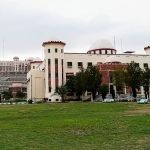 Kohat University of Science and Technology.
Kohat University of Science and Technology.
Bannu Rd
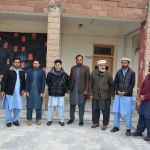 Department of Journalism & Mass Communication, Kohat University of Science & Technology, Kohat, Khyber Pakhtunkhwa, Pakistan
Department of Journalism & Mass Communication, Kohat University of Science & Technology, Kohat, Khyber Pakhtunkhwa, Pakistan
GCFV+JMQ
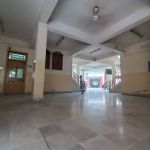 Physics department
Physics department
GCCV+R44
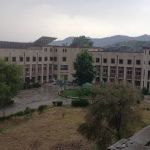 Zoology Department
Zoology Department
GCCV+Q3Q
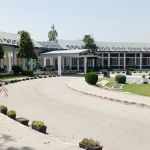 Garrison Cadet College Kohat
Garrison Cadet College Kohat
GFQH+JV4
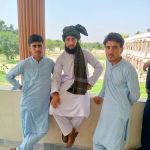 F.G Allama Iqbal Degree College for Boys Dhoda Road Kohat Cantt
F.G Allama Iqbal Degree College for Boys Dhoda Road Kohat Cantt
Dhoda Road
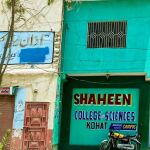 Shaheen College of Sciences Kohat
Shaheen College of Sciences Kohat
HC8X+VP5
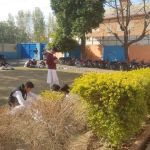 Unique Institute Of Technology Kohat
Unique Institute Of Technology Kohat
HF6M+G64
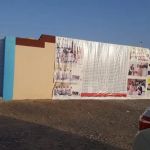 Oxford College Kohat Campus
Oxford College Kohat Campus
HF6Q+95C
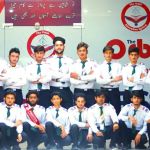 The Orbit College Kohat
The Orbit College Kohat
HF7M+JMG
 AL HABIB Post Graduate College
AL HABIB Post Graduate College
HFF5+XJC
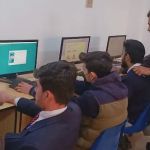 Leads college and leads fighter academy
Leads college and leads fighter academy
HF6Q+9P9
Fisheries and Aquaculture Laboratory, Reviews
More University
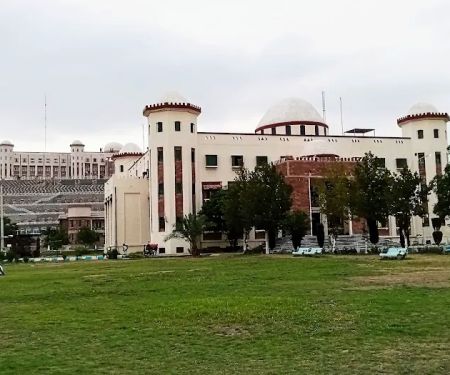 Kohat University of Science and Technology.
4.0 (651 reviews)
Kohat University of Science and Technology.
4.0 (651 reviews)
Bannu Rd, near Jarma Bridge, Kohat, Pakistan
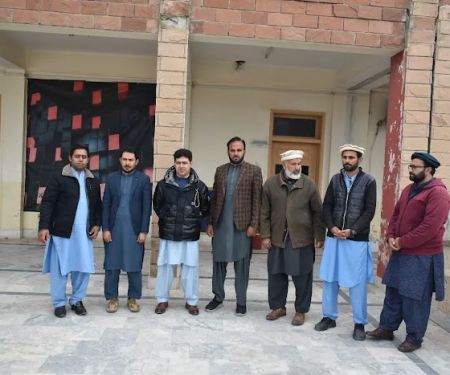 Department of Journalism & Mass Communication, Kohat University of Science & Technology, Kohat, Khyber Pakhtunkhwa, Pakistan
4.0 (5 reviews)
Department of Journalism & Mass Communication, Kohat University of Science & Technology, Kohat, Khyber Pakhtunkhwa, Pakistan
4.0 (5 reviews)
GCFV+JMQ, Kohat, Pakistan
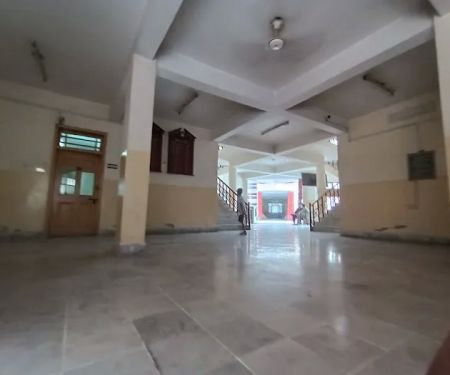 Physics department
4.0 (1 reviews)
Physics department
4.0 (1 reviews)
GCCV+R44, university road, Kohat, 26000, Pakistan
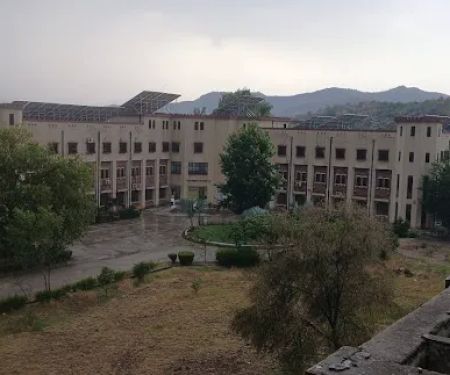 Zoology Department
5.0 (2 reviews)
Zoology Department
5.0 (2 reviews)
GCCV+Q3Q, Kohat, Pakistan
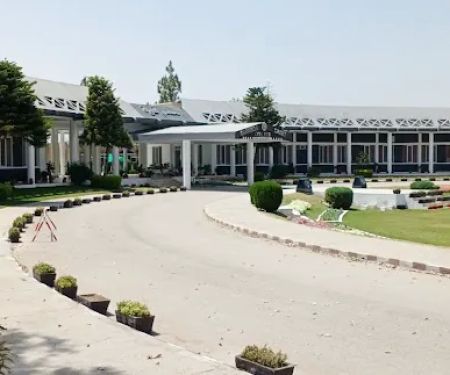 Garrison Cadet College Kohat
4.0 (190 reviews)
Garrison Cadet College Kohat
4.0 (190 reviews)
GFQH+JV4, Dhoda Rd Kohat, Kohat, Pakistan
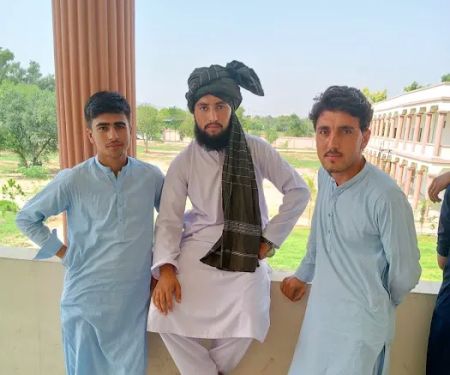 F.G Allama Iqbal Degree College for Boys Dhoda Road Kohat Cantt
4.0 (9 reviews)
F.G Allama Iqbal Degree College for Boys Dhoda Road Kohat Cantt
4.0 (9 reviews)
Dhoda Road, Kohat, Pakistan
 Shaheen College of Sciences Kohat
4.0 (6 reviews)
Shaheen College of Sciences Kohat
4.0 (6 reviews)
HC8X+VP5, Ishtiaq New Housing Program, Kohat, Pakistan
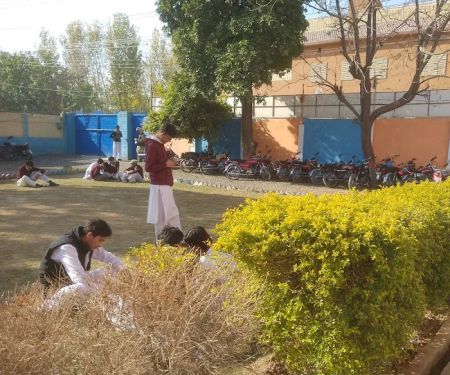 Unique Institute Of Technology Kohat
4.0 (9 reviews)
Unique Institute Of Technology Kohat
4.0 (9 reviews)
HF6M+G64, Rawalpindi - Kohat Rd, Rawalpindi, Pakistan
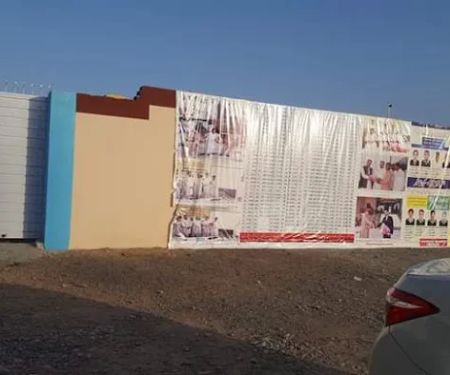 Oxford College Kohat Campus
3.0 (35 reviews)
Oxford College Kohat Campus
3.0 (35 reviews)
HF6Q+95C, Kohat, Pakistan
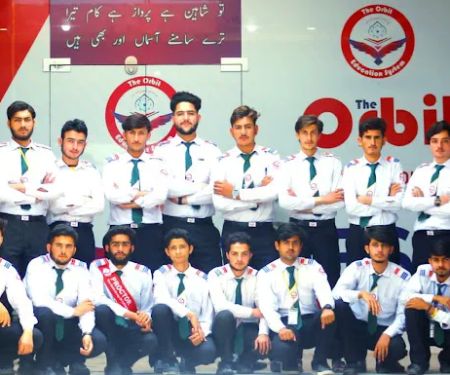 The Orbit College Kohat
5.0 (2 reviews)
The Orbit College Kohat
5.0 (2 reviews)
HF7M+JMG, Kohat, Pakistan
 AL HABIB Post Graduate College
0.0 (0 reviews)
AL HABIB Post Graduate College
0.0 (0 reviews)
HFF5+XJC, Ishtiaq New Housing Program, Kohat, Pakistan
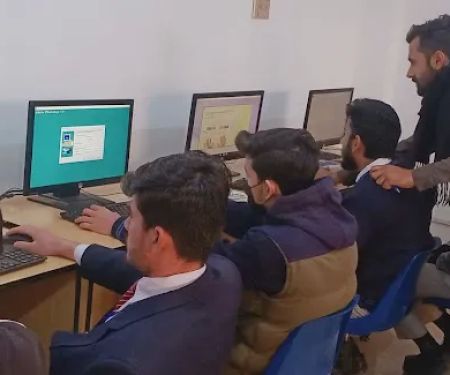 Leads college and leads fighter academy
5.0 (1 reviews)
Leads college and leads fighter academy
5.0 (1 reviews)
HF6Q+9P9, Road, Kohat, Pakistan
Categories
Popular
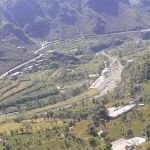 GMPS Shoga0.0 (0 reviews)
GMPS Shoga0.0 (0 reviews)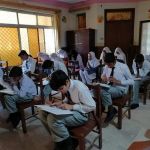 The Unique Rising Star School0.0 (0 reviews)
The Unique Rising Star School0.0 (0 reviews)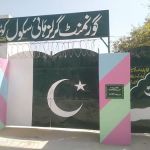 Government Girls High School Kotla0.0 (0 reviews)
Government Girls High School Kotla0.0 (0 reviews)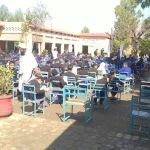 Bilal Public High School0.0 (0 reviews)
Bilal Public High School0.0 (0 reviews) Federal Government College for Girls4.0 (68 reviews)
Federal Government College for Girls4.0 (68 reviews)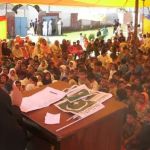 Govt Girls Primery School Darkali Sher Shahi0.0 (0 reviews)
Govt Girls Primery School Darkali Sher Shahi0.0 (0 reviews)Trending Blog Posts
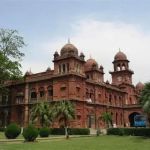 Most In-Demand Degrees in Pakistan 2025 – Top Fields for the Future
Most In-Demand Degrees in Pakistan 2025 – Top Fields for the Future Most In-Demand Degrees in Pakistan – What to Study in 2025 for a Future-Proof Career
Most In-Demand Degrees in Pakistan – What to Study in 2025 for a Future-Proof Career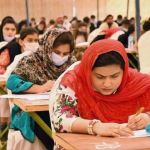 CSS 2025 Registration Deadline Announced by FPSC – Important Information for Aspirants
CSS 2025 Registration Deadline Announced by FPSC – Important Information for Aspirants Pakistan Education Census 2025 to Be Conducted in August: What to Expect
Pakistan Education Census 2025 to Be Conducted in August: What to Expect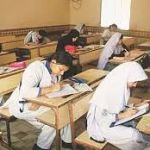 KP Inter Board Results to Be Announced District-Wise: What Students Need to Know
KP Inter Board Results to Be Announced District-Wise: What Students Need to Know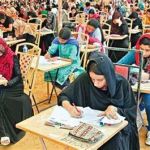 CSS 2025 Registration Deadline Announced by FPSC: Key Details and Preparation Tips
CSS 2025 Registration Deadline Announced by FPSC: Key Details and Preparation Tips 